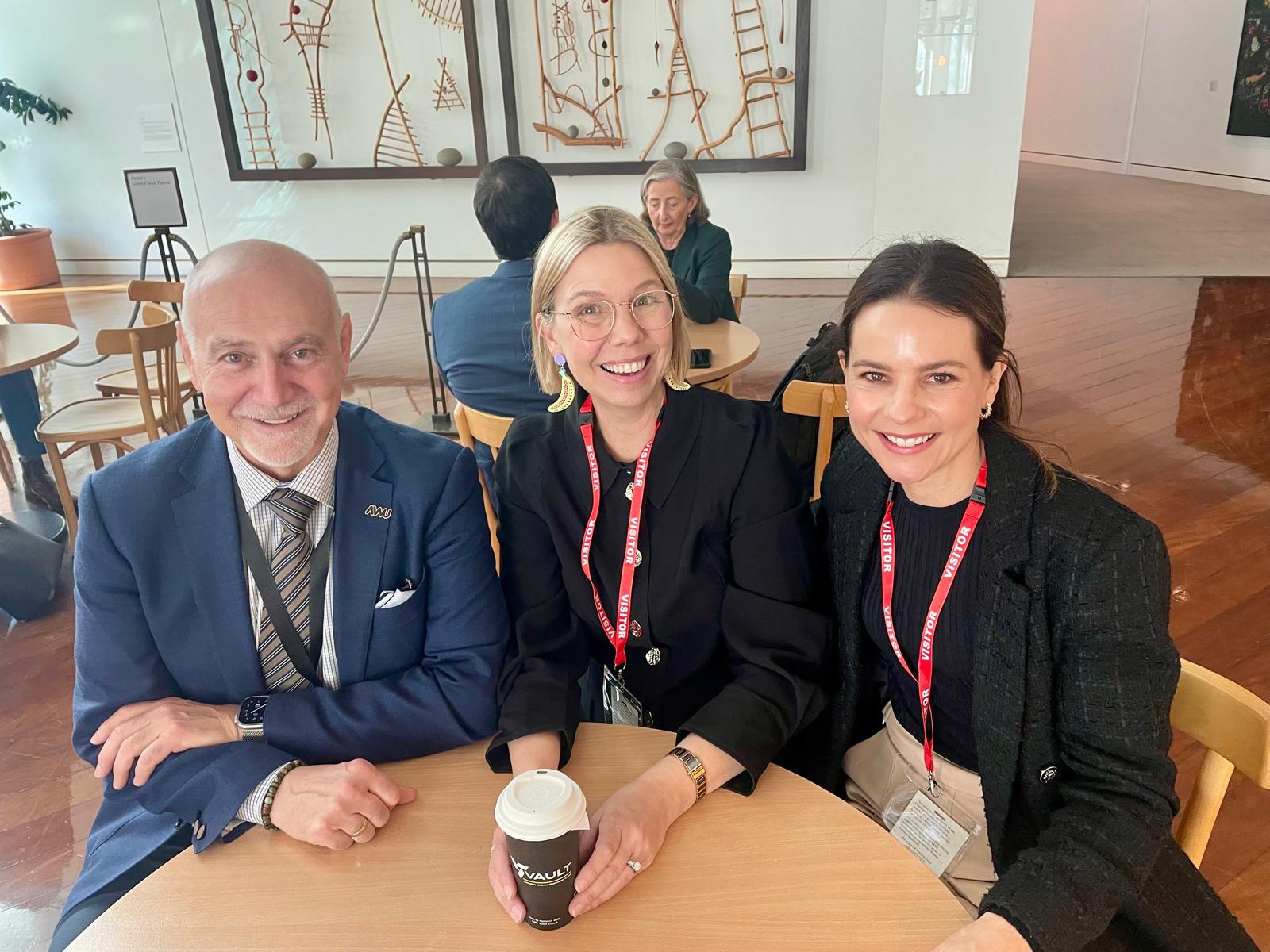The Inside Word

Behind the Glass and Marble
I’m one of the SAS Group crew who leans more into comms than government relations. I follow the news, I vote, and like many working in public affairs and corporate communications, I engage with policy when it intersects with business. But politics, as it does for many of us, happened “over there”—in the chilly ACT, behind glass and marble, mediated by headlines and filtered through opinion.
Last week, politics happened under my nose during a few days in Canberra—and it struck me that most of us who engage with government in various forms do so at arm’s length. And it’s likely that what we see through the glass and the headlines is, in reality, quite different.
As expected, there was strategy, talking points and photo ops. But what stood out to me was the sense of purpose and practicality that underpins so much of what happens behind the scenes. The media often focuses on conflict within the House, but what I witnessed was a system built—imperfectly but earnestly—on collaboration, detail and a surprising amount of goodwill.
It wasn’t performative. It was work. There’s a distinct sense that the Albanese Government, now well into its second term, has hit its stride. There was a sense of steadiness—not stagnation.
From committee rooms to corridor conversations, I saw politicians, advisers and public servants genuinely engaging with complex issues. I sat in on briefings where ministers actually listened to feedback from stakeholders. I watched as people across the political spectrum found common ground on tricky, nuanced topics. And I saw how decisions are shaped not by ideology, but by evidence, engagement, and the quiet influence of those who show up and speak with clarity.
As someone who spends a lot of time helping organisations shape their messages, I’ve always believed in the power of communication. But this week reminded me that messaging alone isn’t influence. Influence happens when you have something clear and credible to say—when it’s backed by real outcomes or data, delivered by the right people, and brought to the right table at the right time.
It also reinforced something I think many of us in corporate roles forget: government isn’t a monolith. It’s a dynamic ecosystem of people with different priorities, limitations, pressures and ambitions. It moves slower than we’d like, but often for good reason—it’s trying to serve millions of Australians, not just one client, company or cause.
The takeaway for me wasn’t just perspective—it was responsibility. If you have the tools, insight or access to contribute to better policy outcomes, you should. And you don’t need to be loud to be heard. What matters is showing up prepared, understanding the process, and engaging in good faith.


